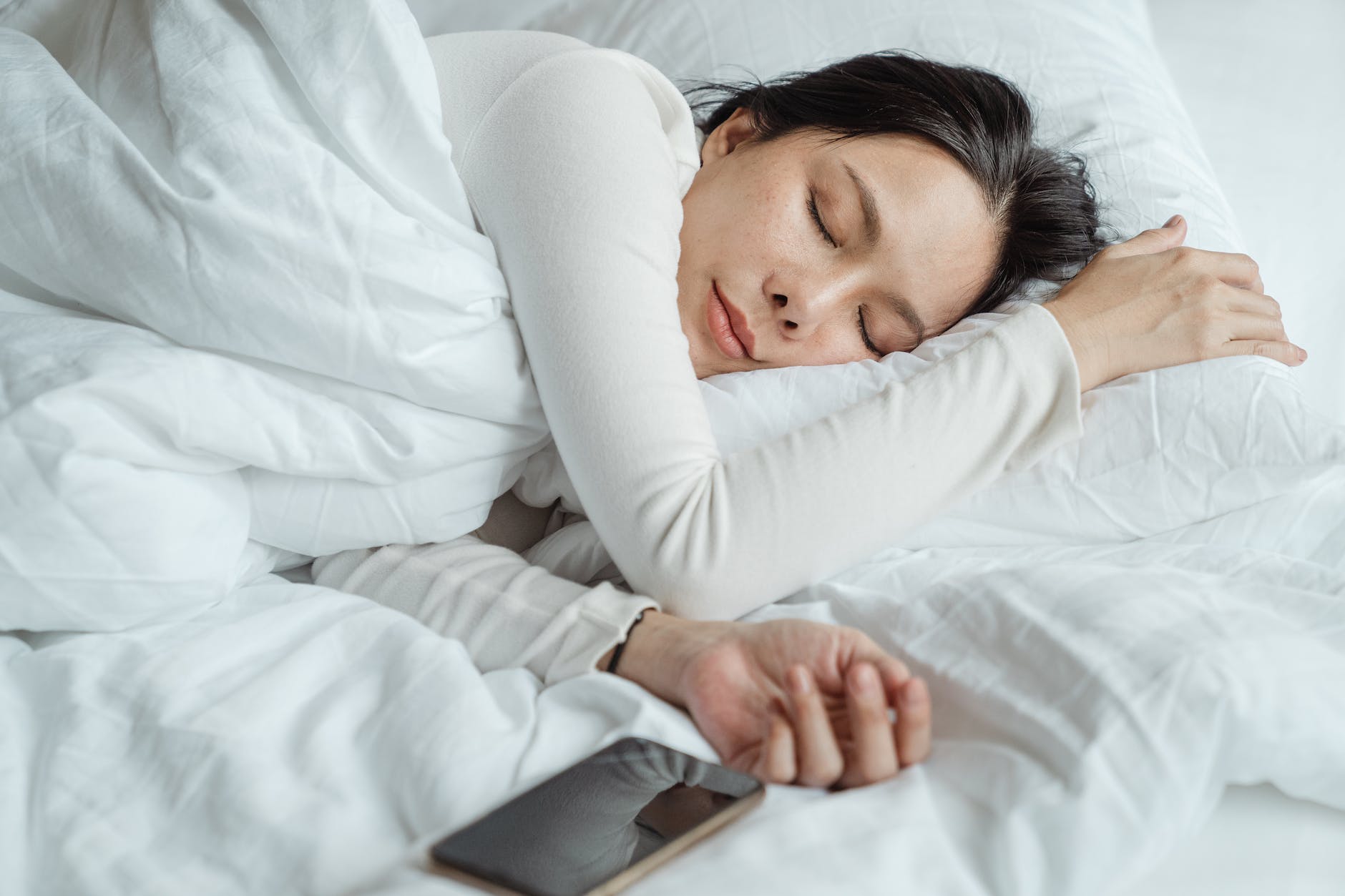We spend one-third of our lives sleeping and when we sleep well, we are well. When our sleep quality is poor, we feel it almost immediately. We think slowly, lack energy, feel more stressed or anxious, and our immune system is weakened. Sleep is essential.
As we adjust to Daylight Savings and the annual tradition of “losing an hour,” your sleep cycle may be affected this week. If you are sensitive to the time change, here are a few ways to optimize a healthy sleep routine.
Supplements to Aid Sleep
Blu Mag is a magnesium supplement that would make a great addition to your bedtime routine. Blu Mag helps to promote muscle relaxation and supports mood by positively affecting circulating norepinephrine and serotonin. Magnesium also stimulates the modulation of GABA receptors which makes it a great pair for Blu Chill, a GABA supplement. GABA or gamma-aminobutyric acid (GABA) is an inhibitory neurotransmitter that produces a calming effect. If racing thoughts keep you awake, these two work together to promote relaxation and to calm acute anxiety. Deep Blu Sleep promotes relaxation and induces sleep. This supplement contains L-theanine, passionflower, lemon balm, 5HTP, and melatonin. This is a great supplement to take before bed to help you fall asleep and stay asleep. Deep Blu Sleep may be taken in combination with Blu Chill and Blu Mag for those who need extra sleep support!
Eat Your Last Meal 3 hours Before Bed
Experts suggest going to bed three hours after your last meal. Eating late can disrupt our circadian rhythms so give your body enough time to digest. On busy days when you can’t avoid a late dinner, aim for foods that are light like steamed vegetables, fruit with nut butter, and easy-to-digest carbs like rice, and limit your proteins if possible.
Cut Out Extra Caffeine
As tempting as it can be to reach for that afternoon pick me up, caffeine is a huge disruptor to our sleep. Do your best to limit caffeine to one cup per day and try to only drink it in the morning.
Exercise
Exercise improves sleep for many people and pushes your body to a healthy type of exhaustion. A morning workout is the best time to exercise for optimal sleep. If your schedule allows, try to go for a morning jog or walk outdoors to get some morning sunlight. Exercise before dinner is ok too. It sets your internal clock to keep you energized throughout the day and ready to rest at night.
Limit Your Screen Time
Lastly, turn off the TV and put your phone away 30 minutes or more before bed. Blue light can stimulate the part of the brain that suppresses melatonin, which can make winding down a challenge.


